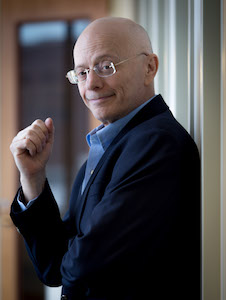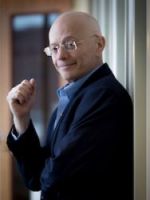
In the spring of 2015, Lenny Jason, Daphna Ram, and Ed Stevens posted this note on the Society for Community Research and Action listserv:
Dear SCRA members:
According to Popper (1968), good theories need to offer clear predictions that can be rigorously tested and falsified. In a sense, as you know, theories allow data to be organized, systematized, and interpreted. A group of us at DePaul University are thinking about which theories are central to the field of community psychology. We would be interested in learning whether you use theories explicitly, and if you do use theories explicitly, what theories you use, and do you borrow them from other disciplines or are they from the field of community psychology.
We were very gratified by the responses, and many privately asked us if we would be willing to share the responses with the larger SCRA community. After sharing the responses, a group of us began writing a paper that grew to about 50 pages over time. We are so thankful to Scott Wituk and the Global Journal for giving us a forum to publish our initial piece, as well as the 10 authors who wrote reaction articles to our papers.
We certainly hope that this is just the beginning of the dialogue on this topic that we feel is so needed in our field. There are many methods to keep this discussion alive, including direct comments on each article, facebook, and other forums on which you may wish to share this issue. The dialogue that occurs should be widely available to our field, using various modalities including social media, so that we may continue to critically think through the very important work of Community Psychology.
~ Leonard A. Jason, Ed Stevens, Daphna Ram, Steven A. Miller, Christopher R. Beasley, Kristen Gleason

Leonard Jason is a professor of Clinical and Community Psychology at DePaul University. He been working on a NICHD grant with Dr. Robinson for the past few years on violence prevention with urban 9th grade youth.